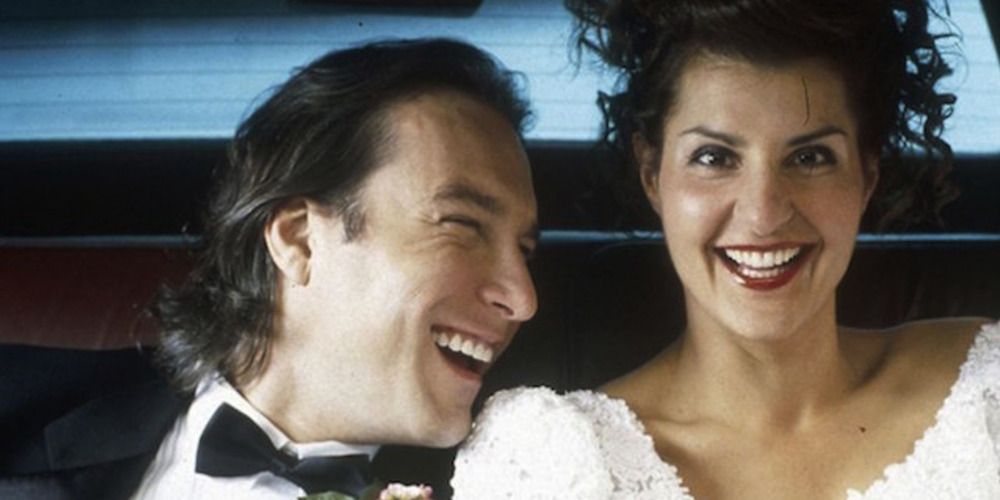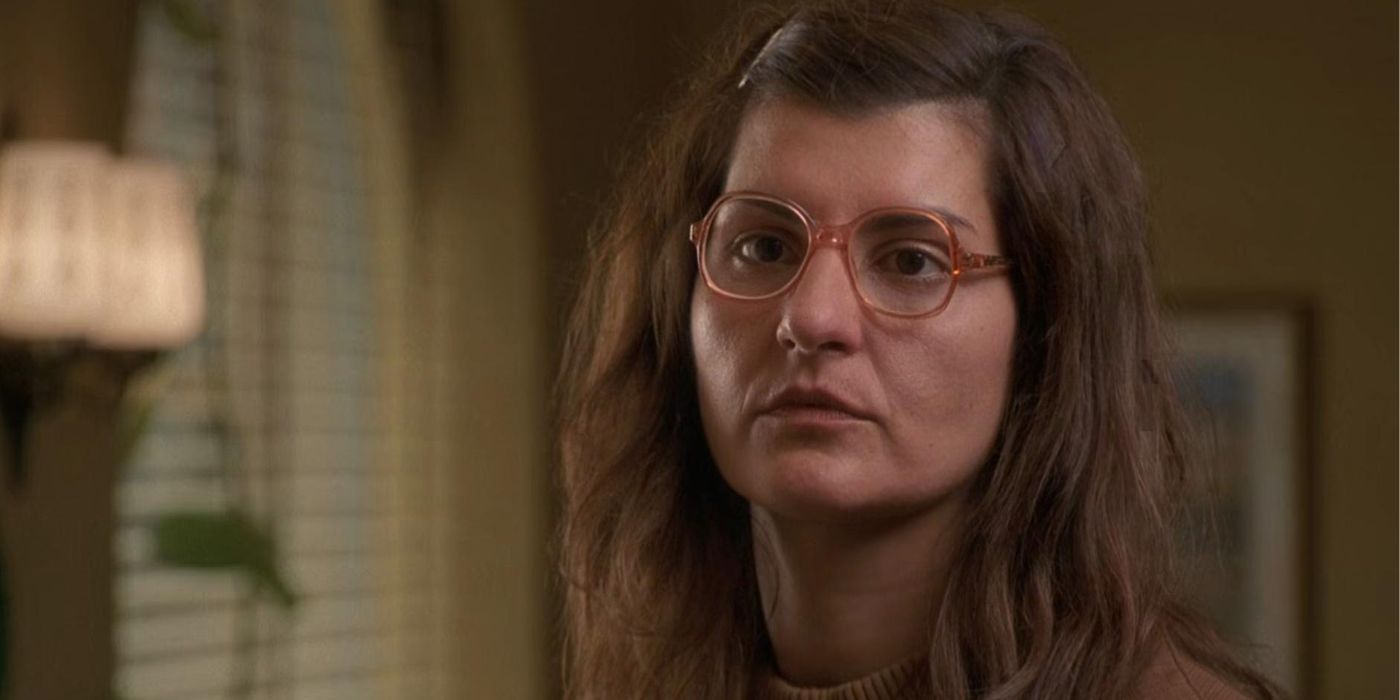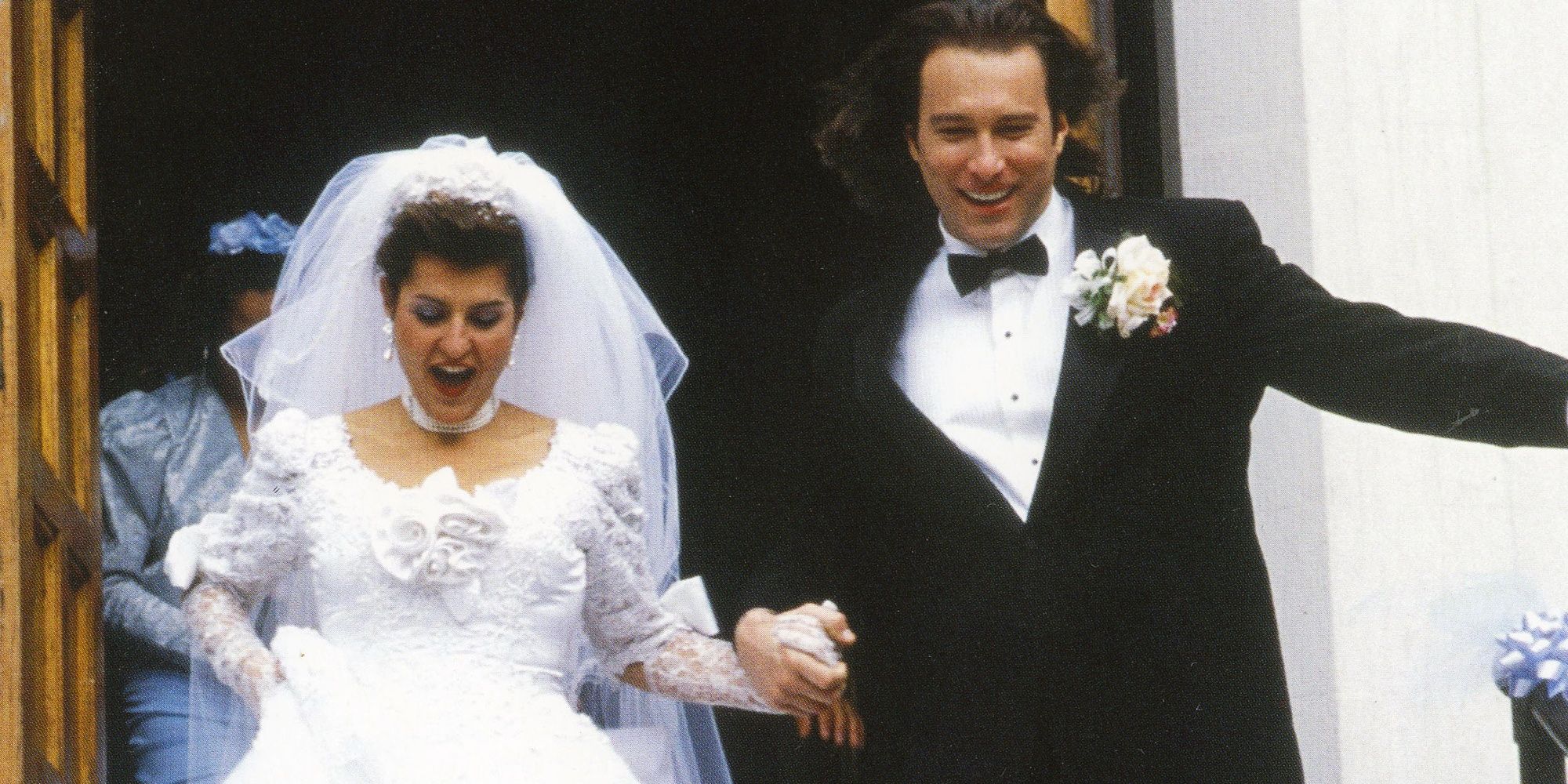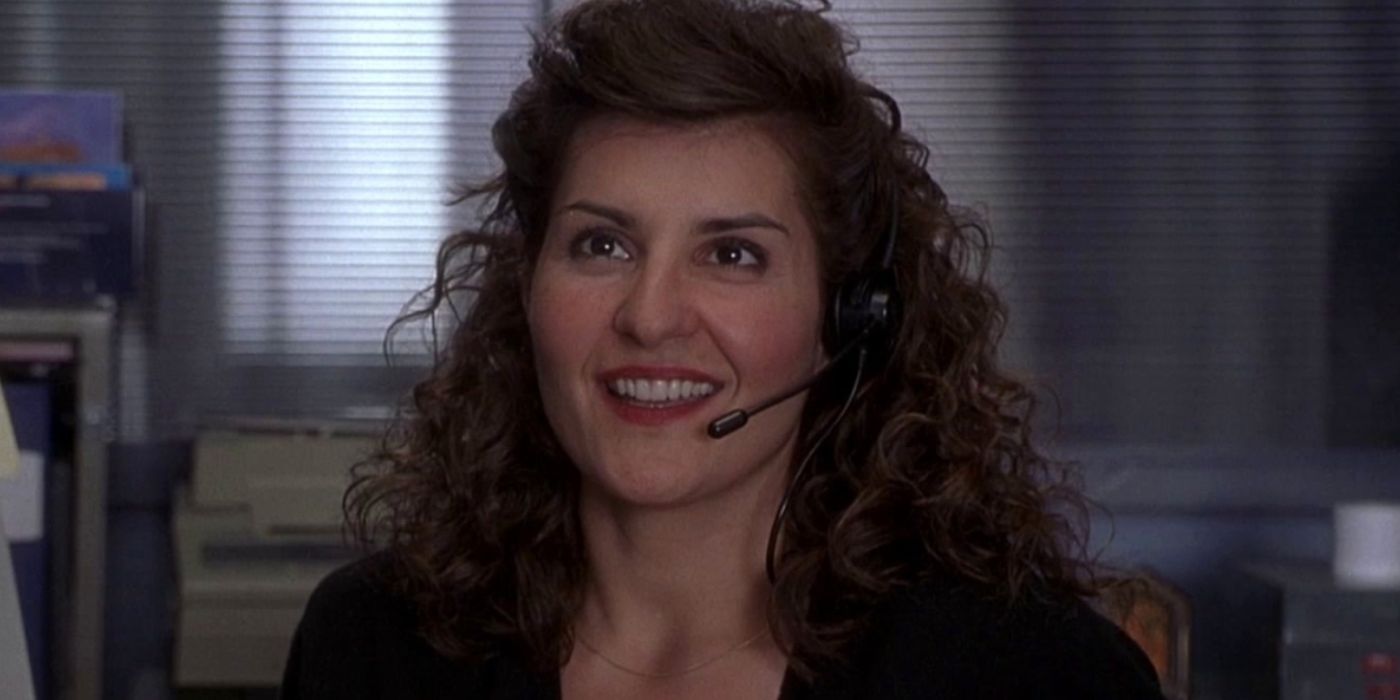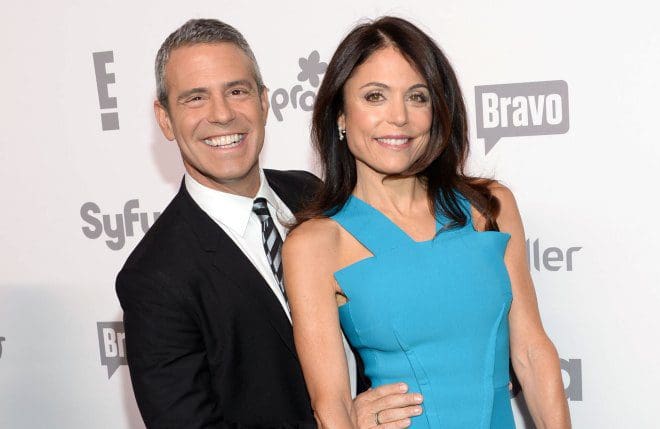The Big Picture
Rom-coms in the early 2000s were much more than the love story at the core of the film, it was also about the so-called makeover. The Princess Diaries, The Devil Wears Prada, and Miss Congeniality have raised us to think that a hairdo, wardrobe change, and swapping glasses for contacts is the way to go when it comes to success and getting the guy. Although it is admittedly fun to see how people can transform on the screen with the help of a glam team like Paolo’s (Larry Miller), there is an underlying problem with the way that some makeover scenes play out on the big screen. My Big Fat Greek Wedding is among the rare few rom-coms that portray a female protagonist’s evolution in looks done well. Through Toula Portokalos, Nia Vardalos was able to rewrite the makeover narrative, giving this concept an important new meaning.
In ‘My Big Fat Greek Wedding,’ Toula Chose to Revamp Her Life on Her Own Terms
At the start of this 2002 film directed by Joel Zwick, Toula (played by Vardalos) has a bleak lifestyle. She is in her 30s, working at her family’s Greek restaurant, and much to her parents’ dismay, she doesn’t have a diamond ring on her finger yet. The main character is bored but not hopeless about what the future might bring. When the right opportunity comes along, she leaves behind her wallflower status and embraces her fate as a bride. Although the wedding is the main focus of the film, the journey that Toula undergoes until she is proposed to is worth highlighting. Instead of having a total transformation in and out, she clings to her Greek roots and learns to be her most authentic self.
The job at the restaurant quickly becomes less of a priority when the protagonist begins to attend college. This step forward in her personal growth trajectory revitalizes Toula’s hopes for something more. As she attends classes and learns how to navigate the early stages of the internet, she decides to buy some drugstore makeup and tries wearing contacts for the first time. Is she successful the first time around? Not at all! But this shows how natural of a makeover she has in comparison to other films that came out at that time. In addition to this, Toula starts to leave her comfort zone and reaches out to her classmates, making friends of her own. The scene in which she heads to a table to eat her lunch and asks a table next to her if she can sit with them is a perfect example of the character progressively getting more confident in her skin without leaving her personality aside.
Her Love Story With Ian Happened After the Makeover, Not Because of It
After the makeover, Toula jumps into a new job opportunity at her aunt Voula’s (Andrea Martin) travel agency. On a typical day at work, she crosses paths with Ian (John Corbett), her ultimate crush ever since he visited her family’s restaurant. The fact that their love story kick-starts when Toula’s makeover has already taken place makes a huge difference. Instead of changing her appearance to be more attractive to a man that she likes, Toula’s transformation enabled her to begin a relationship when she was already with better self-esteem. She is ready to experience love because she is currently her best self.
Given that the protagonist is now confident and in love, Toula knows that her relationship with Ian won’t be well received by her family. They might be dying to see her tie the knot, but their desire is for her to maintain the Greek customs and more someone who is also Greek. Despite her initial fear of what they might think, she accepts Ian’s proposal and advocates for their union when the news reaches her family. Even though Toula’s father Gus (played by the late Michael Constantine) disapproves of their relationship, he slowly acknowledges his daughter’s fiancé when Ian agrees to get baptized into the Greek Orthodox Church. The film has a happy ending, but the fact that Toula is bold enough to set aside family traditions to be with the man that she loves is another reason why her transformation enabled her to be more independent.
Toula’s Self-Esteem Journey Is Made Through a Female Gaze
Throughout My Big Fat Greek Wedding, it is evident that the reason why the makeover in this rom-com isn’t problematic is because it was crafted from a female standpoint. Vardalos not only stars as the film’s main character, but she was also the mastermind that wrote the script (which was originally a one-woman play). By using her own experiences in the film industry as inspiration for this project, she was able to come up with a character that is more relatable than many onscreen leading ladies. Toula is an ordinary woman, with a very loud but caring family, and she is in a way going through a coming-of-age journey. At first, she doesn’t know what is in store for her, but the decision to figure it out on her own terms is what makes this story female-oriented.
According to Variety, Vardalos was initially dissed by her first agent for not looking like the ideal leading lady. Even after enduring harsh and non-constructive criticism, she was able to advocate for herself and made her play into a Hollywood sleeper hit. The best thing that Vardalos did was use her story to inspire My Big Fat Greek Wedding, making the film a genuine portrayal of women getting more confident in themselves and finding the right person without having to change their personality in the process. Despite Hollywood executives wanting to change the ethnicity and hire a more well-known actress to play Toula on the big screen, the final product with Vardalos as the protagonist is a full-circle moment. This backstory only adds on to this rom-com’s popularity throughout the years, spanning to two more sequels that are just as successful.

